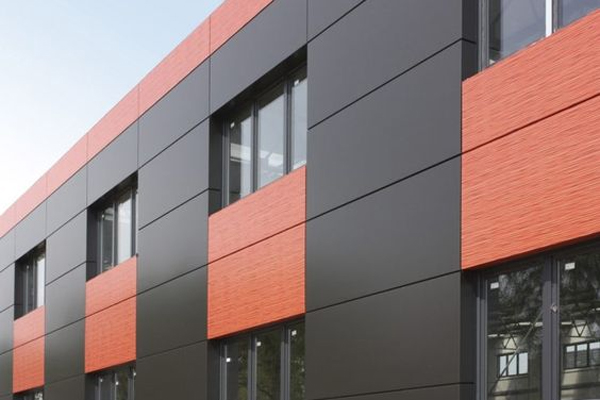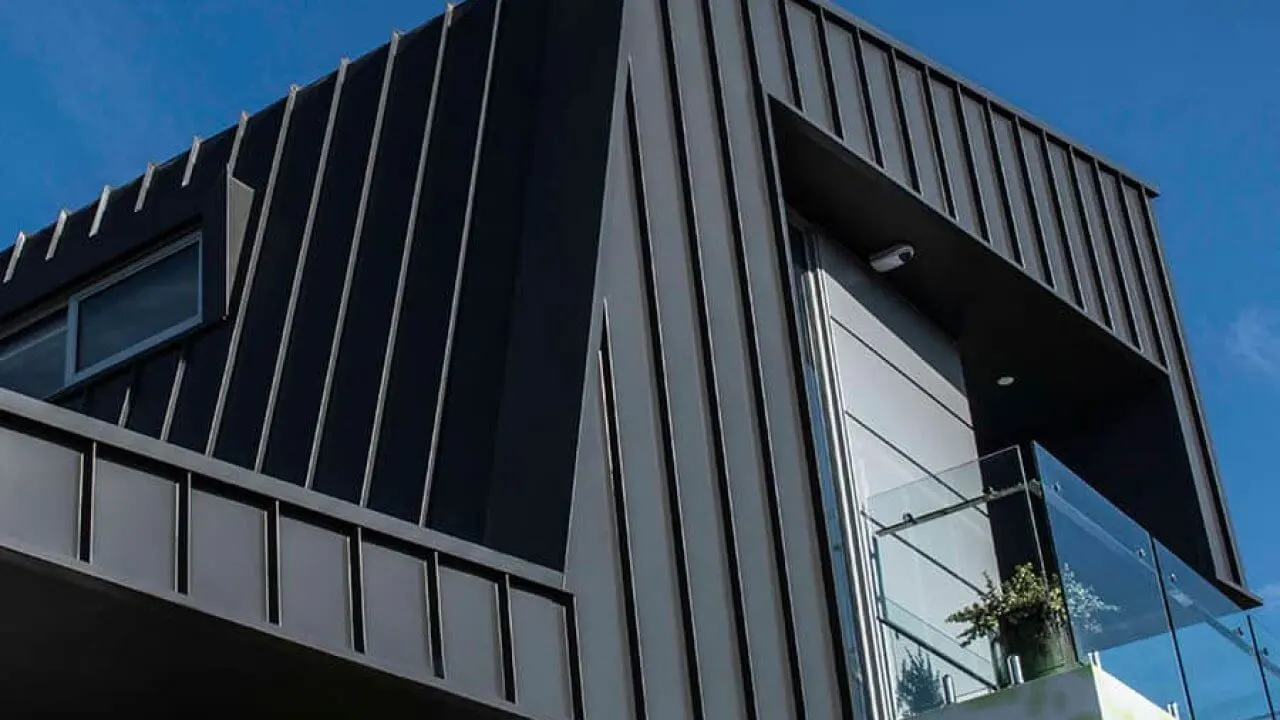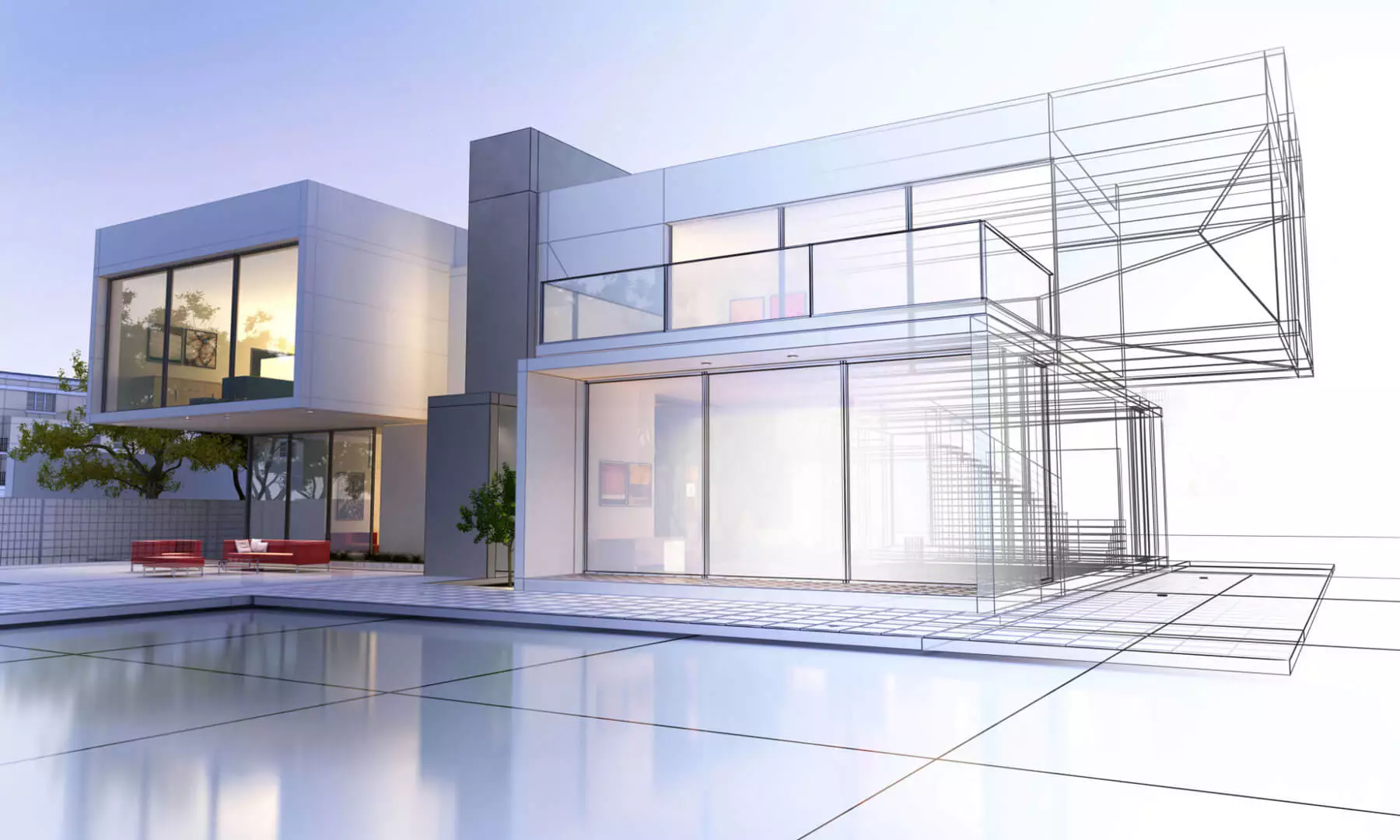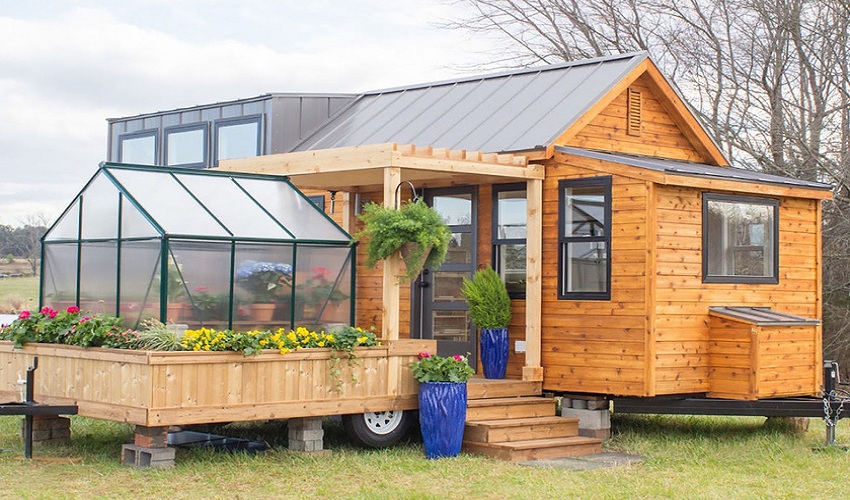A solid structural foundation is the cornerstone of any successful construction project. The foundation supports the entire building, distributing its weight evenly across the ground and ensuring stability. Choosing the right foundation is crucial, not only for the safety of the property but also for its long-term value. This blog explores how proper foundation choices influence both safety and property value and why investing in the right type of foundation is essential.
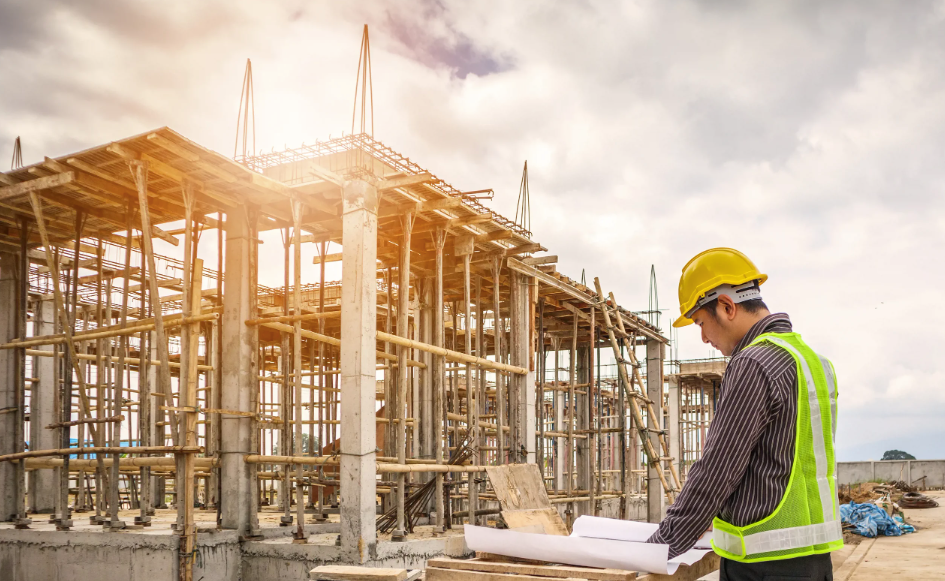
Content
The Role of Structural Foundations in Safety
The primary function of a foundation is to provide a stable base for a building. A well-designed foundation ensures that the building remains level and upright, preventing issues such as settling, shifting, or tilting. These problems can arise from various factors, including soil movement, water damage, or poor construction practices.
By selecting an appropriate foundation, you minimise the risk of structural failures that could jeopardise the safety of the occupants. For example, deep foundations, such as piles or caissons, are ideal for areas with unstable soil conditions, as they reach deeper into the earth to provide a stable base. Conversely, shallow foundations, such as strip footings or pad foundations, are suitable for more stable soils. The choice of foundation type is influenced by factors such as soil composition, load-bearing requirements, and environmental conditions. Ensuring that your foundation meets these criteria is vital for maintaining the structural integrity of your property.
Impact on Property Value
Investing in a high-quality structural foundation has significant implications for your property’s market value. Foundations are a key factor in property evaluations and can influence potential buyers’ perceptions. A well-constructed foundation not only ensures the structural integrity of the building but also signifies that the property has been well-maintained and is less likely to encounter future issues.
Properties with strong, reliable foundations are generally more attractive to buyers, as they offer reassurance about the long-term stability of the home. On the other hand, properties with foundation problems or signs of settling may face reduced market value and could deter potential buyers. Additionally, visible foundation issues often lead to costly repairs, which can further impact the property’s resale value. By investing in a solid foundation, you protect your investment and enhance the attractiveness of your property in the real estate market.
Long-Term Maintenance and Costs
Choosing the right foundation also has implications for long-term maintenance and associated costs. A well-designed and properly constructed foundation typically requires minimal upkeep, reducing the likelihood of expensive repairs or renovations. Foundations that are suited to the local soil conditions and environmental factors are less prone to issues such as cracking, shifting, or water damage.
In contrast, a poorly chosen or inadequately constructed foundation can lead to ongoing maintenance challenges and repair costs. Issues such as foundation cracks, uneven floors, or water infiltration can become significant problems if not addressed promptly. These issues can also escalate into more severe structural problems, leading to higher repair expenses. Investing in a high-quality structural foundation upfront can save you money in the long run by minimising the need for costly repairs and ensuring the longevity of your property.
Environmental Considerations and Sustainability
When selecting a foundation, it is important to consider the environmental impact and sustainability of your choices. Modern construction practices increasingly focus on reducing environmental footprints and enhancing sustainability. Foundations that incorporate eco-friendly materials and methods can contribute to these goals. For instance, using recycled or locally sourced materials for foundation construction can lower the overall environmental impact of the building project.
In addition, designing a foundation that minimises disruption to the local ecosystem can be beneficial. For example, avoiding excessive excavation or soil displacement can help preserve natural habitats and reduce the risk of soil erosion. Sustainable foundation practices not only align with broader environmental goals but can also appeal to eco-conscious buyers, adding another layer of value to your property. Incorporating green building practices into your foundation choice demonstrates a commitment to sustainability and can enhance the overall appeal of your property.
Choosing the Right Foundation for Your Property
Selecting the appropriate structural foundation requires careful consideration of several factors. Firstly, it is essential to conduct a thorough site analysis to understand the soil conditions, groundwater levels, and load-bearing requirements. Engaging with a structural engineer or foundation specialist can provide valuable insights into the most suitable foundation type for your specific needs.
Factors such as the type of building, local climate, and site conditions will influence the foundation choice. For instance, in areas prone to flooding or high water tables, waterproof foundations or raised designs may be necessary to prevent water damage. In regions with expansive soils or seismic activity, deep foundations or reinforced designs may be required to ensure stability.
Conclusion
In summary, the choice of foundation plays a critical role in both the safety and value of your property. A well-designed foundation provides essential support, ensuring the stability and longevity of the building. It also contributes to the property’s market value, offering potential buyers confidence in the property’s structural integrity. By investing in a high-qualitystructural foundation and considering factors such as site conditions and environmental factors, you can protect your property and enhance its long-term value. Building on solid ground not only ensures a secure and stable structure but also safeguards your investment for years to come.

Wesley is a home improvement blogger who strives to improve his life and the lives of others. He provides homeowners with helpful tips on how to renovate their homes. His goal is not only to provide easy-to-follow instructions, but also share his own personal experiences for those seeking guidance.



